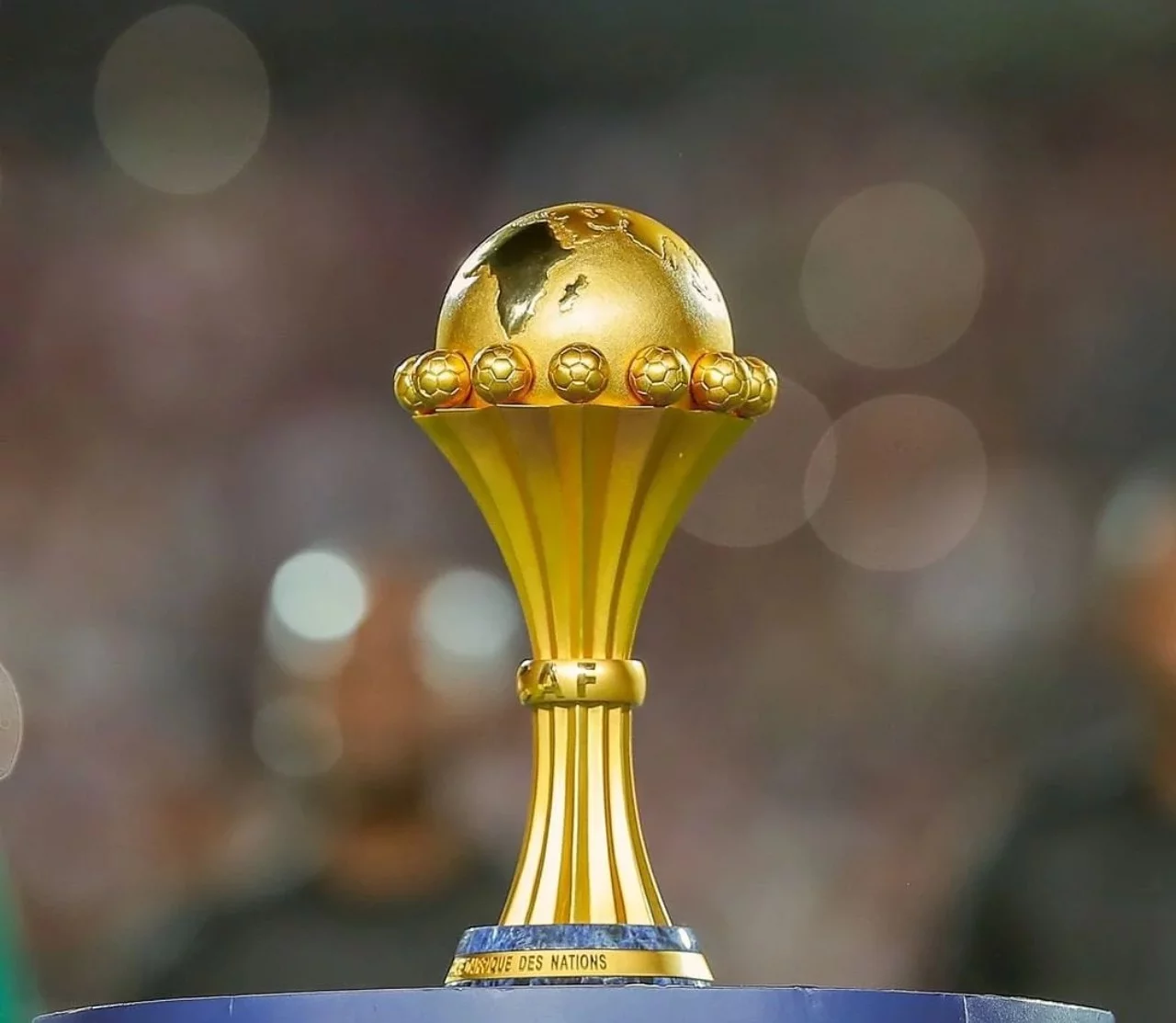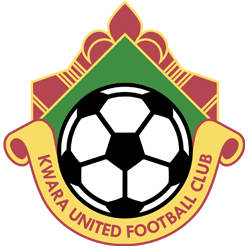AFCON: Covid-19 threatens to affect the showpiece just weeks out from its first game

Cameroon are still preparing to host next year’s Africa Cup of Nations despite mounting Covid-19 cases and concerns over them being able to complete the necessary infrastructure in time.
In 2018, they were stripped of the right to stage the competition for the following year after more delays, and because of a violent separatist rebellion that threatened safety near two of the planned venues.
Several seasons on, and they will again step in for the blockbuster. For a while, it seemed nothing could go wrong. But then, the pandemic worsened – throwing the football into chaos – and there appear to be more complications than ever.
So much so, clubs across Europe are seeking urgent talks with FIFA to raise their fears over the welfare of their players for next month’s tournament. While Premier League clubs believe the competition will be postponed.
The emergence of the Omicron variant of coronavirus has resulted in countries reintroducing restrictions and travel bans, and another dispute over releasing footballers for international duty ahead of the AFCON now looms large.
The global health emergency looks set to be a major stumbling block for the success of the showpiece, which will run between January 9 and February 6. Elsewhere, the international windows begin on January 24 and end on February 1 or February 2.
To little surprise, the European Club Association (ECA) has expressed ‘deep concerns over the situation, and highlighted the ‘worsening public health situation and the severe challenges faced during the recent international windows’.
An ECA statement went on to add: ‘The board agreed to engage urgently with FIFA to ensure all necessary precautions are in place to protect players and club interests as the health situation continues to deteriorate in an alarming manner.’
It is this sense of uncertainty and unease which has shrouded the AFCON in doubt, but it is understood that the situation is unchanged in Cameroon – with officials adamant that the competition will, as much as possible, go ahead as normal.
Across the course of the pandemic, Cameroon has been hit hard. Their total number of cases, at the time of writing, stands at 108,000, with 1,836 deaths.
There are also concerns over vaccines in the country. ‘The government strongly and firmly encourages everyone to get vaccinated,’ Health Minister Manaouda Malachie said in an appeal on CRTV state radio. ‘We have enough doses for everyone.’
At the start of the month, just 4.1 per cent of Cameroon’s population aged over 18 were vaccinated, according to the health ministry, despite the first jabs arriving seven months ago. At this stage of recovery, they had set a target of 40 per cent.
Sportsmail has been told that, like many other governing bodies, the organisers of the AFCON – the Confederation of African Football – are concerned with how Covid-19 may affect the tournament. Just weeks out, a blanket of confusion reigns.
‘I think all sport organisations and event organisers are worried about the pandemic and all the developments around it,’ a CAF figure said. ‘CAF is no different.’
But they have insisted that the show will go on in the face of returning restrictions and worry. ‘Covid-19 is a moving target, you simply don’t know what will happen tomorrow, but we need to plan,’ the same official added. ‘And we have planned.’
Beneath all the preparation, there is a desire from the ECA to avoid a repeat of the problems which dogged the international window back in September.
In that period, Premier League clubs refused to release their players for duty in countries named on the UK’s red-list because they would have been required to quarantine in a government-approved hotel for 10 days on their return.
Notably, a World Cup qualifier between Argentina and Brazil was abandoned, after four internationals from the former were told to quarantine by health officials. With Covid cases still on the rise, there may be fears that a return to this fiasco is possible.
The UK, meanwhile, added 10 southern African countries to its red list. Cameroon was not among them, but players jetting in will be met with their own problems.
Currently, access across the country and sea borders is restricted to help contain the spread of the virus. To obtain a visa, passengers must display poof of a negative Covid test, no older than three days before application, as part of the crackdown.
In late 2020, it was announced by the authorities that those coming into the country from nations particularly affected by cases would be subjected to extra testing on their arrival. This includes everyone arriving from Europe, including the UK.
Proof of a recent negative test result will ‘normally’ make people exempt from self-isolating, according to the UK Government, but anyone who develops symptoms on their travel or tests positive once they touch down will quarantine for 14 days.
At present, the Cameroonian government are restricting the issuing of visas to those flying in for essential purposes. Players taking part in the AFCON will certainly fulfil their criteria, but would likely be subjected to the same rules if they tested positive.
Questioned on what may happen to the tournament if Covid cases continue to rise, the CAF spokesperson, who is close to the organisers, said: ‘What is important for us is to have clear protocols and insist on them to minimise the impact of Covid-19.
‘So far, CAF and Africa have done a good job and there is no reason why this should be different.’
The competition will be held in six stadiums in five cities – Garoua, Douala, Limbe, Bafoussam and the capital, Yaounde. There, the Stade Ahmadou Ahidjo and the newly-constructed 60,000 capacity Olembe Stadium will both be used.
At the time of writing, CAF have not officially announced whether fans would be allowed to any, all or some of the matches in person. However, Sportsmail has been told that the plan is, as it stands, for supporters will be allowed in.
No confirmation on numbers was given when the organisation was approached, but discussions between the relevant parties are understood to be ongoing.
Tickets were set to go on sale this month, and there was an agreement made with CAF that they would be available online and in store, in person. The application process for volunteers to help out at the tournament is also underway.
As for journalists, it is understood that many do not plan to fly out to cover the AFCON in person with the situation remaining far too uncertain.
And it appears the warning signs have been there for months. Back in June, the group-stage draw was delayed, throwing an early spanner in the works.
CAF said that the postponement had been down to ‘logistical reasons related to the Covid-19 pandemic’, and then vowed to announce a new date.
In a statement, they added that they would continue to work with their ‘partners’ and the Cameroon government in order to make the event a success, and toast a ‘great celebration’ of football in Africa.
The roadblocks didn’t stop there, though. There has been chaos in organising the tournament and ensuring that its venues are ready to be used. Just a few weeks out from its start date, CAF voiced concern over whether it would run smoothly.
In a letter sent last month, the general secretary of CAF, Veron Mosengo-Omba, threatened the organising committee in Cameroon with drastic action which would have seen the opening game moved away from the Olembe Stadium.
‘I am sorry to note that despite numerous visits, including that of the president, secretary general and vice-president of CAF, and the promises that followed, the actions have not followed,’ he wrote.
‘I must bring to your attention serious concerns regarding the organisation of the tournament. With regard to the Olembe stadium, you should know that if everything is not settled by 30 November 2021, the opening match will be held elsewhere.
‘Arrangements have already been made in this sense, but it would be unfortunate for the Organising Committee, for CAF and for Cameroon.’
CAF is also concerned about the anti-coronavirus measures in place, and the slow trickle of volunteers coming forward to help out. However, at this late stage, there are no plans to take the tournament away from Cameroon.
Players from 16 different Premier League clubs are set to miss domestic fixtures over the hectic holiday period.
Liverpool’s push for the title will take a hit, with Mohamed Salah, Sadio Mane and Naby Keita all in action with Egypt, Senegal and Guinea respectively.
Pierre-Emerick Aubameyang of Arsenal and Manchester City’s Riyad Mahrez will be with Gabon, while the latter will play for Algeria.
It is believed players will fly out after Boxing Day, and will be ruled out for a number of weeks. The state of the pandemic in the UK down the line may affect whether or not they are able to be smoothly reintegrated back with their clubs.
FIFA’s regulations mean that players must be released by their teams on December 27, which falls 13 days before the opening match of the competition.
The uncertainty surrounding the AFCON renders releasing stars at risk, but the situation – despite its precarious nature – will see the tournament begin as planned.
The Cameroon Football Association did not respond to a request for comment.

























